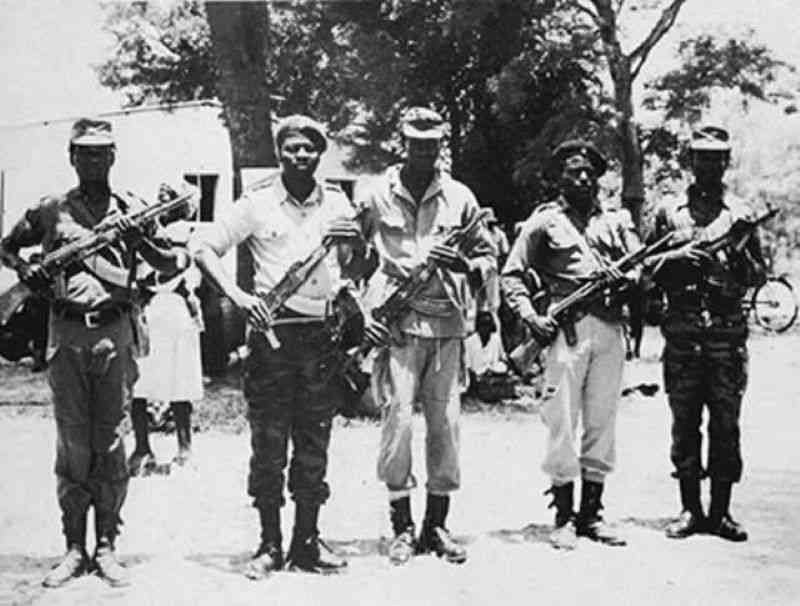
GOVERNMENT has launched a nationwide vetting programme for veterans of the liberation struggle of Zimbabwe, although there are fears that some deserving cadres may miss the process due to inadequate information dissemination.
The Veterans of the Liberation Struggle Affairs ministry is scheduled to undertake a mop-up vetting exercise for non-combatant cadres and war collaborators starting today, with the programme expected to end on October 4 this year.
The programme was launched in 2021 and a subsequent vetting exercise started in 2022.
However, in a statement this week, the ministry invited applicants to report at centres where vetting teams will be deployed to ascertain their credentials.
“The mop-up exercise is targeting applicants who did not participate in the 2022 programme for various reasons. Non-combatant cadres and war collaborators who were vetted and received confirmation slips in the 2022 vetting exercise are not required to appear before vetting teams,” the statement read.
“Vetting centres for war collaborators will be in the areas where they operated from during the liberation war. Vetting will be done by commanders and war veterans who operated together with the war collaborators in different operational areas.
“Locals familiar with the activities of war collaborators will assist the vetting teams. The vetting period is 10 days and vetting teams will move from ward to ward, according to their schedules which they will communicate on deployment.”
Government said vetting would also be conducted in the provincial capitals of the country’s 10 administrative provinces, whereby non-combatant cadres will choose the nearest provincial capital and present themselves for vetting.
- Govt launches war vet mop-up vetting exercise
Keep Reading
Vetting teams made up of representatives of all major transit camps would be available in all provinces for the exercise.
The transit camps include Botswana: Dukwe, Francistown, Selebi-Phikwe and Broadhurst; in Mozambique: Chibawawa, Doeroi, Mabvudzi and Nyadzonya; in Zambia: Jason Ziyaphapha, Maheba, Nampundu, Solwezi, Victory and Chisamba.
Venues have been named across the country and applicants (non-combatant cadres and war collaborators) are required to bring original national identity documents or valid passports, together with legible photocopies of the same documents.
However, ex-Zipra senior commander Thomas Ngwenya said the government should first of all pay those that were vetted before.
“Why always the vetting exercise? They must pay those that were wetted before. It is now more than 40 years after independence, why not do genuine things once and for all. If it will take a century, let us know. That is typical of Zimbabwe?”










